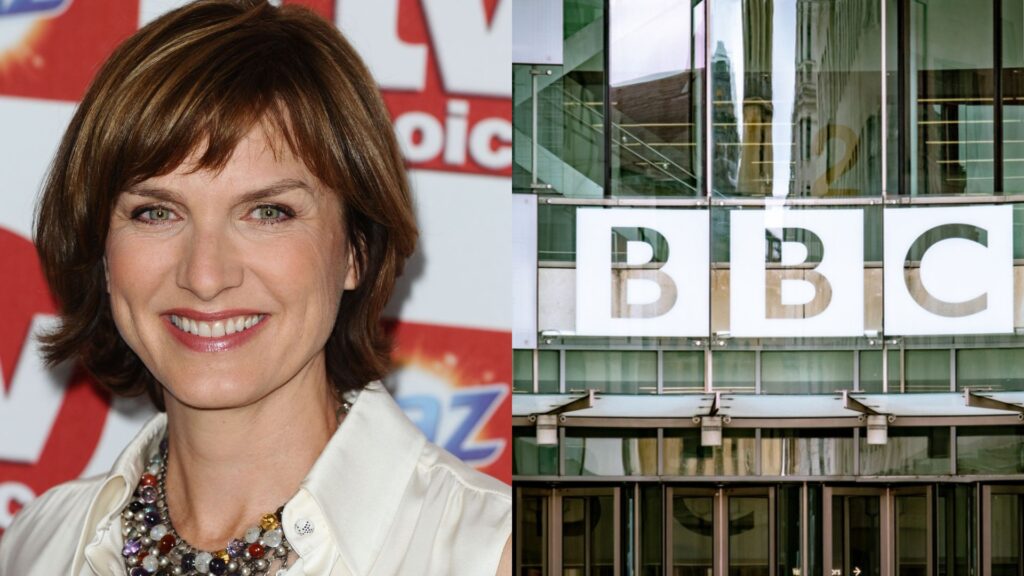Tonight is Question Time where presenter, Fiona Bruce, will be inviting people in the audience to comment on a chosen topic. The real Question is, when she points to someone to speak – how will she identify them?
On the show last week, Fiona was choosing members of the audience to share their opinions on a political discussion. When she identified white members of the audience, she pointed them out by referring to their “colourful top” or “green shirt”, however, when she went to identify Roberto Gocan, she pointed him out by saying “the black guy in the middle.”
Last week may not be the first time you have seen or heard an ethnically diverse person being referred to by the colour of their skin. You might notice it on the news or even in conversations in the workplace. Though it may seem like the norm, it doesn’t mean it’s right. In fact, it is a racial microaggression.
So what is the problem?
Referring to ethnically diverse people by the colour of their skin can be a form of hidden bias.
This is because using labels that aren’t necessarily relevant, takes away the many parts that make up someone’s identity and reduces who they are to what the colour of their skin is. This is especially the case if you refer to them by their skin tone when it doesn’t relate at all to the conversation. Ultimately, the colour of someone’s skin should not be their identity label.
The labels we use can turn into microaggressions
Fiona and The BBC did apologise for the harm caused by the comment.
In his response, Roberto said, “microaggressions should be highlighted across the board.”
A microaggression is a subtle, often unintentional, form of prejudice. It often takes shape as an offhand comment, an inadvertently painful joke, or a pointed insult (Psychology Today).
A recent Race Equality Matters poll revealed 83% of people experience racial microaggressions in the workplace, however, the majority of those experiencing it say only on rare occasions do others step up to call it out.
This is shocking when we think about how hurtful racial microaggressions are. In fact, microaggressions are known as “a death by a thousand cuts” .
This is because racial microaggressions can make ethnically diverse people feel that the colour of their skin singles them out from their peers and coworkers in a negative and isolating way.
In the workplace, this creates a feeling of loneliness. On a LinkedIn Poll, 76% of the REM Community said being in a marginalised group or being ethnically diverse can make you feel lonely in the workplace.
We are more than the colour of our skin and our differences
As human beings we want to be known for the many things that make us who we are such as our achievements, our style, our actions or ideas. It is no different for people who are ethnically diverse. Though it is often said unintentionally, try not to identify or point someone out by using the colour of their skin.
This is true for all our individual differences whether it’s the way we look, talk, our sexual orientation, our age etc.
But how can we do things differently?
From our recent event, we found out that only 16% believe racial microaggressions are regularly called out by colleagues in the workplace.
69% of allies said this is because they don’t know what to say.
It is evident that being clued up on what racial microaggressions are is important.
But, in this case, the next step is making sure we don’t accidentally say a racial microaggression when we want to identify an ethnically diverse person in a conversation or in a crowded room. So what can we say?
As mentioned earlier, remember not to refer to an ethnically diverse person by the colour of their skin, especially if it has nothing to do with what you are talking about.
Secondly, if you want to point someone out in the crowd, use different things to identify them. You can mention their outfit, their personality or an event/moment you both shared together.
For example:
“I need to speak to the woman with the purple jumper.”
“What is the name of the funny guy in your team?”
“There was someone I met in the lift who I think you should meet.”
There is so much more to us than the colour of our skin. Let’s be intentional with the words we use. #ItsEveryonesBusiness to #ListenActChange.
Race Equality Matters is currently developing a new solution called #It’sNotMicro which provides a step-by-step guide on how senior leaders, allies and colleagues can openly challenge microaggressions when they hear it in the workplace.
Attend our next Get Ready For Race Equality Week event where we will be launching the #ItsNotMicro!
If you would like to carry on the conversation
We would value your thoughts. Please do follow us and join the conversation on LinkedIn
If you want to see change and race equality in the workplace, join the Race Equality Matters’ movement if you are not registered already.
Image – Shutterstock

